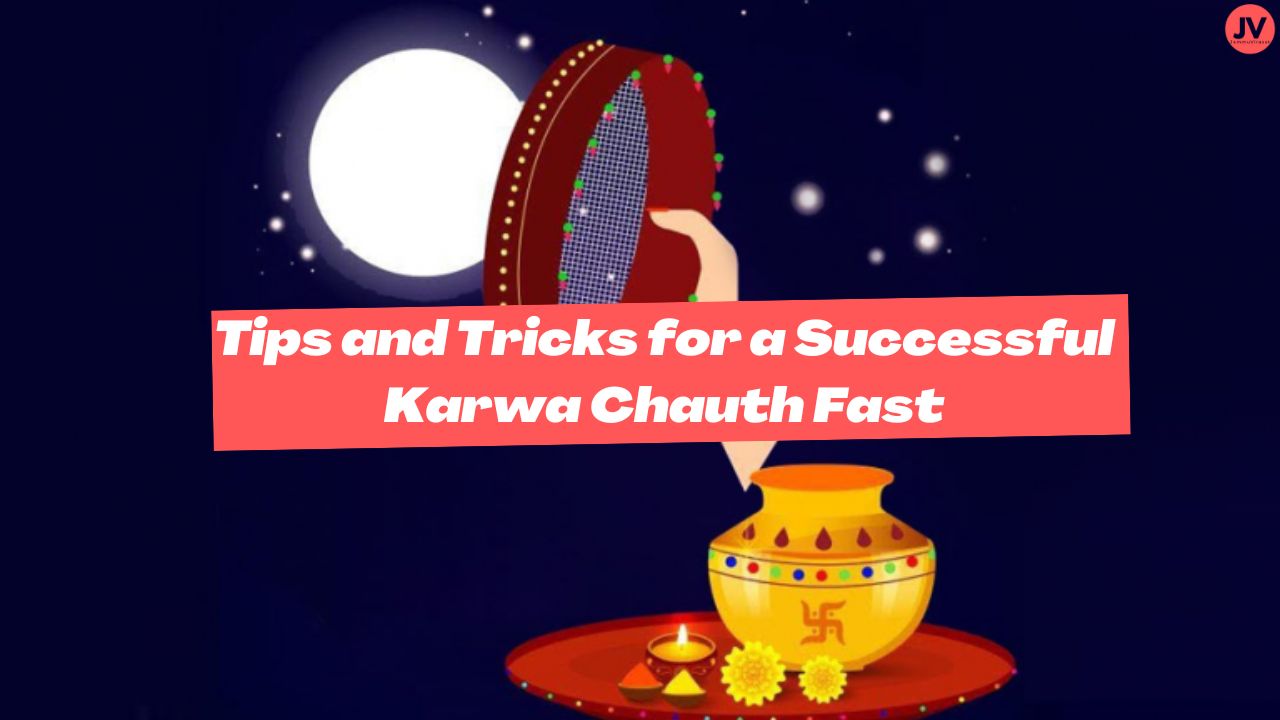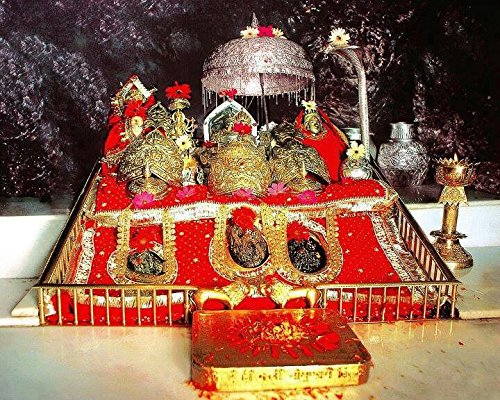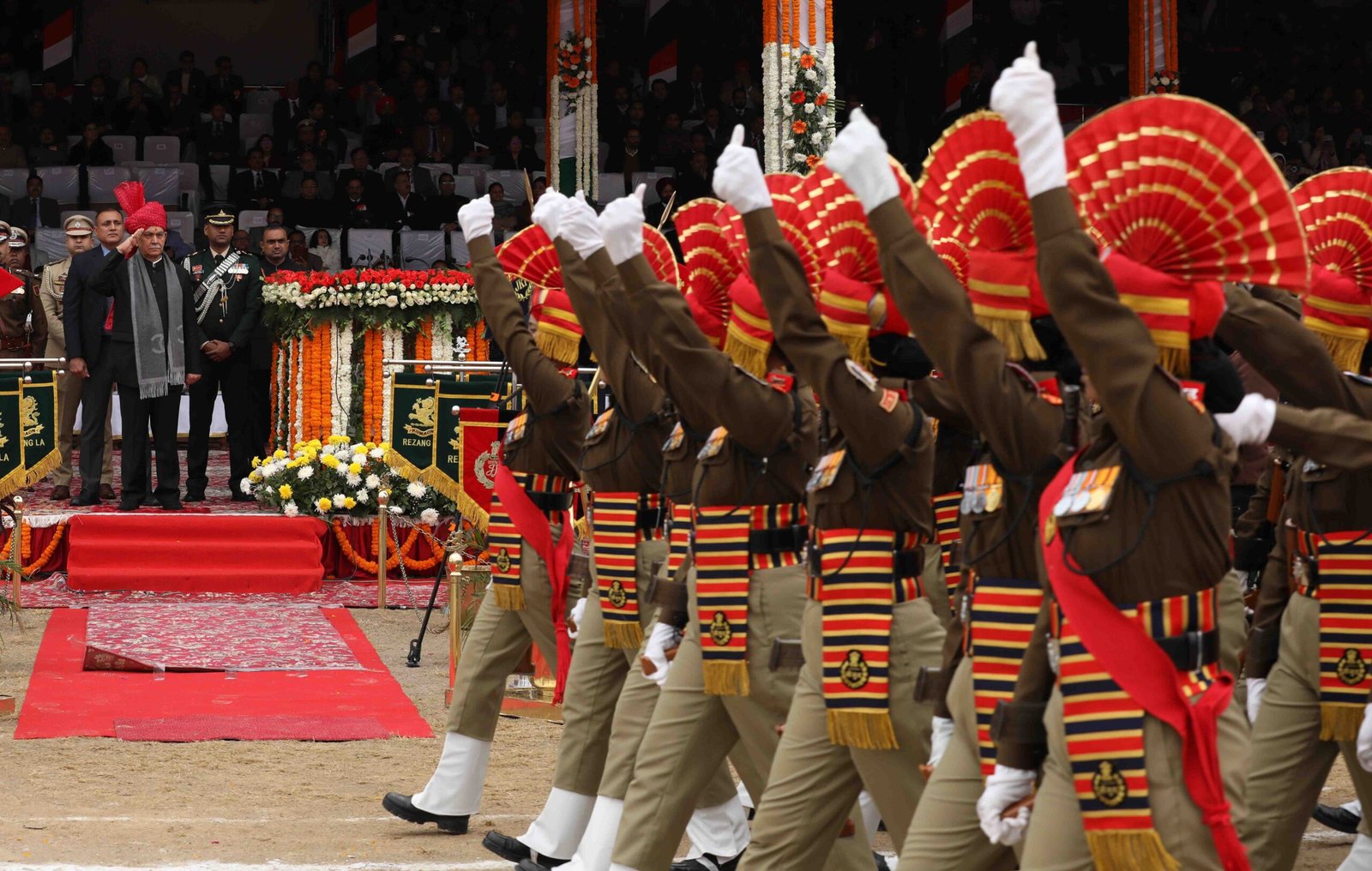Observing Karwa Chauth involves fasting from sunrise to moonrise for the well-being and longevity of one’s spouse. While this traditional fast holds immense significance, following some healthy practices can make the day manageable and ensure that you maintain your energy levels. Here are some tips on how to keep your Karwa Chauth fast in a healthy way.
Preparing a Nutritious Karwa Chauth Sargi
The pre-dawn meal, known as Sargi, is crucial for providing you with sustained energy throughout the day. It’s important to choose foods that are nutritious, filling, and hydrating to help manage hunger and thirst. Here’s how you can make the most of your Sargi:
1. Include Oatmeal or Bran Roti
Oatmeal or bran roti is an excellent choice for Sargi as it is made from whole grains, offering a good source of soluble fiber and complex carbohydrates. These components slow down the stomach’s emptying process, helping you stay full for longer and reducing hunger pangs throughout the day.
2. Add a Variety of Fruits
Fruits such as bananas, berries, apples, pomegranates, pears, and papayas are rich in fiber and help keep you feeling satisfied. Since the Karwa Chauth fast is traditionally nirjala (without water), consuming fresh fruits can help compensate for hydration loss and provide you with ample energy.
3. Drink a Glass of Milk
Milk is an ideal addition to your Sargi meal because it is packed with vitamins, minerals, and protein, which provide sustained energy. Drinking a glass of milk can help stave off hunger and keep you hydrated throughout the day.
Foods to Avoid During Sargi
While it’s essential to consume nutrient-dense foods during Sargi, certain foods should be avoided as they can make the fasting experience more challenging.
1. Stay Away from Oily and Processed Foods
Foods like oily parathas and sweets may seem tempting but can cause dizziness, thirst, and hunger due to their effects on insulin levels. These high-fat and high-sugar foods can lead to blood sugar spikes and crashes, making you feel more fatigued during the day.
2. Limit Caffeine Intake
Caffeine is a diuretic, which means it promotes the loss of water through increased urination. Avoiding caffeinated beverages like coffee and tea will help prevent dehydration and keep you from feeling thirsty during the fast.
Example of a Balanced Sargi Meal Plate
To ensure you get the right mix of nutrients, your Sargi meal should include a variety of food items that are easy to digest and nourishing. Here’s a healthy example:
- One oat or bran roti (a low glycemic index carbohydrate)
- 100 to 150 grams of tofu or paneer (as a protein source)
- A glass of milk
- A glass of coconut water or plain water
- Dry fruits like almonds, dates, and figs
- A small piece of raw coconut
- A cup of pomegranate seeds
This combination will provide a good balance of carbohydrates, protein, fats, and hydration, keeping you energized throughout the day.
Breaking the Fast: Post-Fast Tips for a Smooth Transition
After a long day of fasting, it is essential to break the fast gradually to avoid overwhelming your digestive system, which has been at rest for over 12 hours. Follow these tips to ensure a gentle and healthy transition:
1. Start with Coconut Water
Breaking your fast with a glass of coconut water is highly beneficial. It contains natural sugars and electrolytes, providing an instant energy boost and rehydrating the body effectively.
2. Opt for Light and Nutritious Foods
Choose foods that are easy on the stomach, such as:
- Khichdi or plain dal rice
- High-protein quinoa
- South Indian dishes like idli or upma
These options are light and help your digestive system gradually get back to its normal functioning.
3. Avoid Heavy, Sugary Foods
While it may be tempting to indulge in sweets, especially traditional ones, it is advisable to avoid sugary treats that contain added sugar and are high in calories. Instead, opt for natural sweetness by consuming figs and dates, which provide the necessary energy boost.
4. Include Probiotic-Rich Foods
Probiotic foods like plain Greek yogurt with a few nuts or a glass of buttermilk can help soothe the stomach and aid digestion after a day of fasting.
Read also: What Dogra Women do on Karva Chauth
Precautions for Specific Health Conditions
Fasting for Karwa Chauth may not be suitable for everyone, especially those with certain medical conditions. Here are some special considerations:
1. Diabetic Women
Women with diabetes should avoid fasting due to the risk of blood sugar fluctuations. A long fasting period without food or water may lead to hypoglycemia (low blood sugar levels), which can be dangerous.
2. Pregnant Women
Pregnant women are advised against observing a full fast as it can lead to acid reflux and other complications. A safer alternative is to keep a fruit-based fast and stay well-hydrated by drinking water throughout the day.
Common Mistakes to Avoid During Karwa Chauth
To make the most of your fast, here are some common mistakes to steer clear of:
1. Binge Eating After Breaking the Fast
Consuming a heavy meal immediately after breaking the fast can overwhelm your digestive system, causing gastric issues like bloating. Instead, choose a balanced meal that includes high-protein foods, vegetables, and staple grains with minimal spices.
2. Neglecting Hydration Needs
It is important to prioritize hydration once the fast is broken. Drink plenty of water, herbal teas, or fresh juices to replenish fluids lost throughout the day.
Final Thoughts
While Karwa Chauth is a beautiful tradition that celebrates love and devotion, it’s essential to prioritize your health while fasting. By making thoughtful food choices before and after the fast, you can keep yourself nourished and energized. Avoid foods that can disrupt your digestive balance and opt for nutrient-rich options to stay comfortable throughout the day.
Following these tips and tricks can help you enjoy a healthy and meaningful Karwa Chauth.
(Source for above Content: Click Here)


















